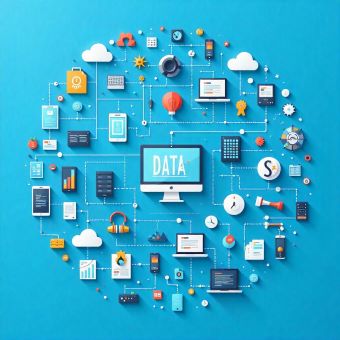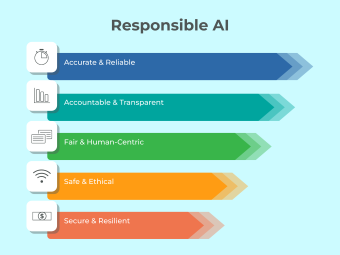Ace4 October 29, 2024
Legal AI Intelligence: Transform Your Legal Practice Today
The Rise of AI-Powered Legal Research Platforms.

Artificial Intelligence (AI) has become a game-changer across various industries, and the legal field is no exception. Among the myriad of applications of AI in law, AI-powered legal research platforms are at the forefront, revolutionizing how legal professionals access, analyze, and utilize vast troves of legal information. These platforms are helping law firms streamline operations, enhance accuracy, and deliver better outcomes for their clients.
The Evolution of Legal Research
Traditional legal research is a labor-intensive and time-consuming task that involves scouring through case law, statutes, regulations, and other legal documents to find relevant precedents and arguments. While online legal research databases like LexisNexis and Westlaw have made this process more accessible, even these tools require significant manual input and analysis from legal professionals.
AI-powered platforms are taking legal research to the next level. By integrating advanced technologies such as natural language processing (NLP), machine learning (ML), and predictive analytics, these platforms can quickly analyze legal documents, identify relevant data, and even suggest legal strategies.
Key Features of AI-Powered Legal Research Platforms
Natural Language Processing (NLP): AI-powered platforms allow lawyers to pose queries in plain English, removing the need for complex legal search syntax. For instance, instead of using keywords like “tort liability + 2020,” lawyers can ask, “What are the recent precedents in tort liability cases in the last three years?” NLP algorithms understand the context and retrieve relevant results with high accuracy.
Enhanced Search Capabilities: These platforms go beyond keyword-based searches by identifying semantic relationships between terms. They understand the legal context, ensuring lawyers receive results that are both accurate and relevant, even if the phrasing of the query differs from the legal text.
Document Summarization and Annotation: AI tools can summarize lengthy legal documents, highlighting key points, clauses, or case precedents. This feature significantly reduces the time lawyers spend on reviewing materials and ensures they don’t overlook critical information.
Predictive Analytics::Advanced AI platforms analyze past case outcomes, judge rulings, and legal trends to predict the likelihood of success for a case. By providing insights into probable outcomes, they enable legal professionals to craft stronger strategies and manage client expectations effectively.
Contract management: Contract management is another area where AI is making a significant impact. AI systems can automate the review and analysis of contracts, identifying potential risks, inconsistencies, or favorable clauses that might be overlooked by human attorneys. For example, AI can be trained to spot clauses related to confidentiality, payment terms, and other critical issues, improving compliance and reducing the risk of legal disputes.
Benefits of AI-Powered Legal Research Platforms.
-
Efficiency and Speed: Legal research that previously took hours or even days can now be completed in minutes. This increased efficiency allows lawyers to dedicate more time to higher-value tasks such as case strategy and client interactions.
-
Cost Savings: By automating repetitive tasks, these platforms reduce the need for extensive manual labor, lowering operational costs for law firms. This makes legal services more affordable for clients, opening up access to justice for a broader audience.
-
Enhanced Decision-Making: By offering predictive analytics and data-driven insights, these platforms empower lawyers to make informed decisions about case strategies, settlements, or litigation.
AI-powered legal research platforms are not just a trend—they are a necessity in today’s fast-evolving legal landscape. By harnessing the power of AI, law firms can stay competitive, deliver better outcomes, and pave the way for a more accessible and efficient justice system.




